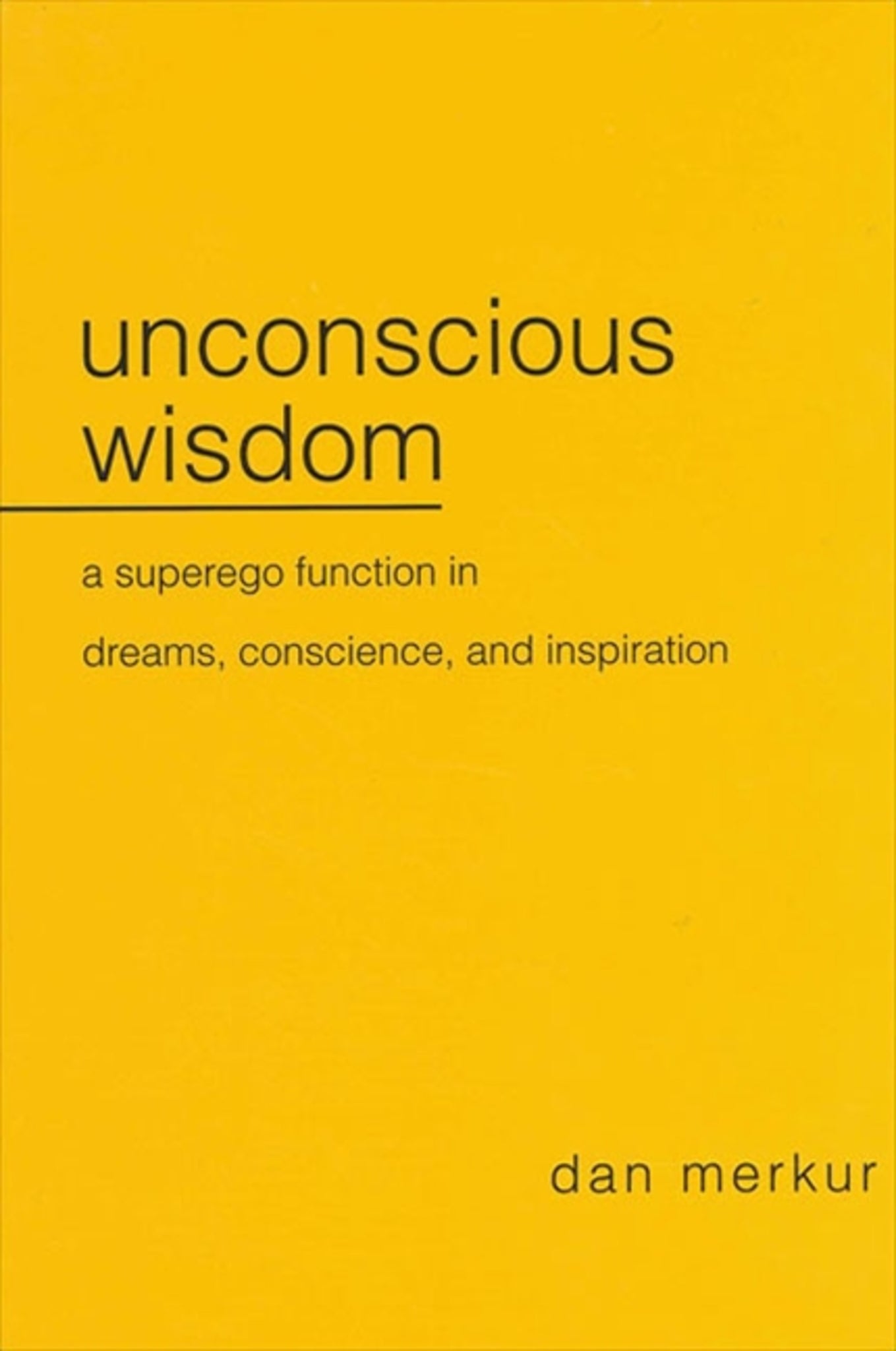We're sorry. An error has occurred
Please cancel or retry.
Unconscious Wisdom

Some error occured while loading the Quick View. Please close the Quick View and try reloading the page.
Couldn't load pickup availability
- Format:
-
12 April 2001

Contra both Freud and Jung, argues that the unconscious is not exclusively irrational.
In a detailed engagement with the psychoanalytic theories of dreams, conscience, empathy, and creativity, Dan Merkur argues that the superego is an unconscious reasoning process, dedicated to the representation of the loved object. The superego's access to the repressed and devotion of time to single topics make it both more knowledgeable and more intelligent than the conscious ego. This is the final installment in Merkur's three-volume exploration of the psychoanalysis of religious experiences-volumes one and two are The Ecstatic Imagination: Psychedelic Experiences and the Psychoanalysis of Self-Actualization and Mystical Moments and Unitive Thinking, also published by SUNY Press.


"The book reveals evidence of unconscious rational processes. It does so by detailing the role of the superego in the formation of dreams, empathic moral reasoning, and creativity. In buttressing his case, Merkur offers detailed analyses of Freud's metapsychology and case histories as well as scholarly engagement with those in the tradition of ego-psychology and object-relations theory. The author's argument will be contested but will also give rise to new discussions about the role and nature of the superego in psychoanalytic metapsychology. This is a true advance." — William Parsons, author of The Enigma of the Oceanic Feeling: Revisioning the Psychoanalytic Theory of Mysticism
"For anyone interested in psychoanalytic theory, ethics, or the dynamics of human conscience, this book is invaluable. It includes a wonderful bibliography, discusses the literature in considerable depth, and offers its own new thesis." — Jeffrey J. Kripal, coeditor of Vishnu on Freud's Desk: A Reader in Psychoanalysis and Hinduism
Acknowledgments
Preface
Introduction
1. The Coherence of the Dream-Work
2. Conscience, Ego Ideals, and Self-Observation
3. Inspiration
4. Metaphor as a Tertiary Process
Works Cited
Index



